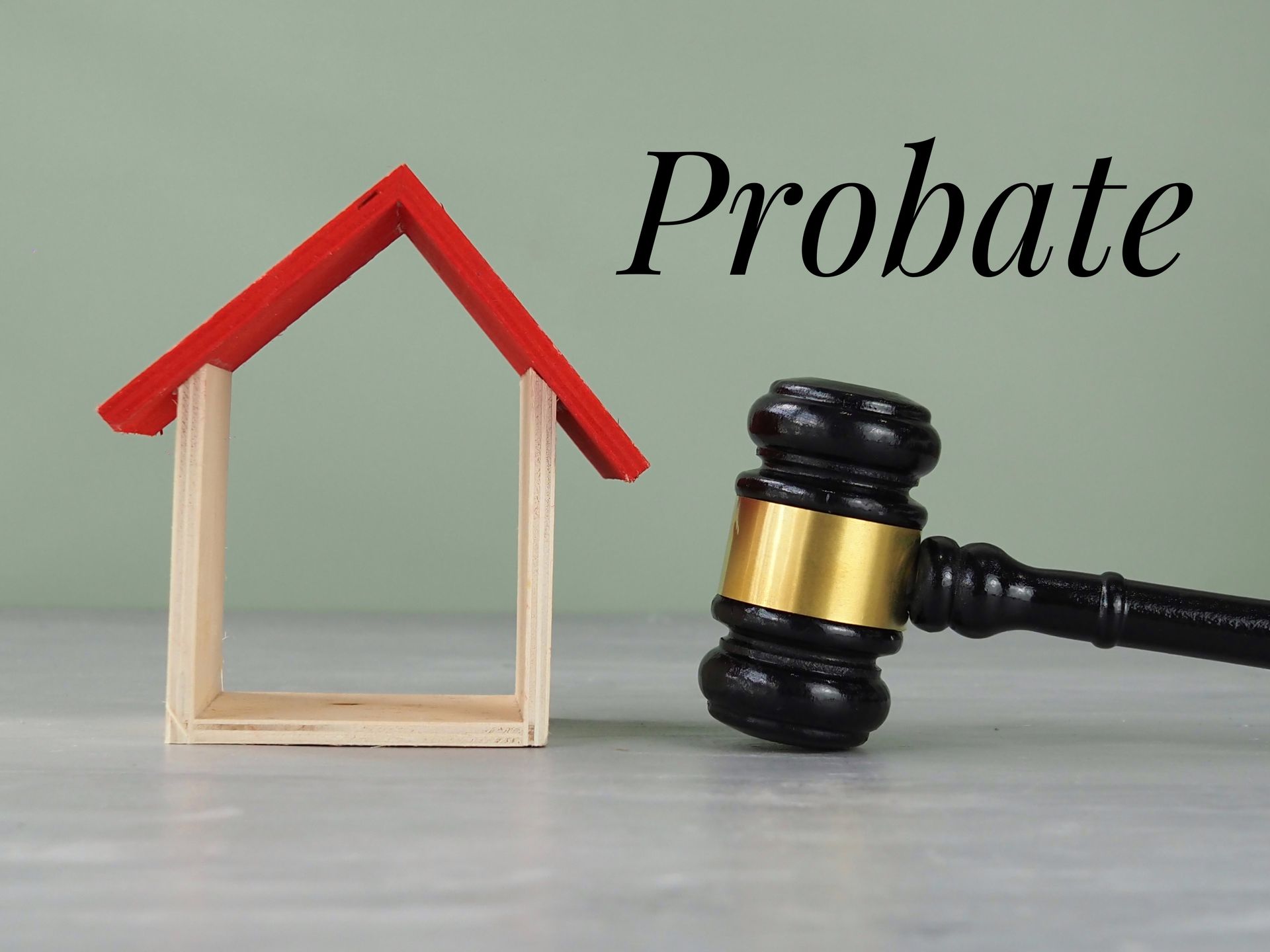How Much Do Elder Law Attorneys Charge
In the rapidly evolving world of legal intricacies, elder law stands out as a significant specialty. With an aging population and the complex legal issues they face, which range from estate planning to health care directives, elder law becomes crucial. Such matters often require a delicate balance of legal knowledge, ethical consideration, and a deep understanding of the unique challenges the elderly community faces.
While many might have heard the term, understanding the nuances of elder law and the professionals dedicated to it is paramount. This includes getting a grasp on the services they offer and, importantly, the charges associated with those services. Knowing what to expect, especially in terms of fees, can alleviate potential stress and make the process of seeking legal help much more transparent.
In this blog, we'll dive into
what elder law attorneys do, their typical charging structures, and how to ensure you're getting the best value for your money.
What Does an Elder Law Attorney Do?
Elder law attorneys wear many hats, catering to the unique and multifaceted legal requirements of the elderly community. Their expertise typically encompasses areas such as:
- Estate Planning: This involves creating wills, trusts, and other mechanisms to ensure that an individual's assets are distributed according to their wishes after their demise. It also covers aspects of tax planning and the appointment of fiduciaries.
- Guardianship: Elder law attorneys help in designating or contesting
guardianships. This becomes essential when a senior individual is unable to make decisions independently due to cognitive impairments or other health concerns.
- Long-term Care: Planning for potential long-term care needs,
including understanding Medicaid and Medicare, falls within the purview of elder law. Attorneys help families navigate these complicated systems and ensure that their loved ones receive the care they require without exhaustive expenses.
- Health Care Directives: An elder law attorney can draft advance directives or living wills, which dictate an individual's healthcare wishes should they become incapacitated.
- Elder Rights and Abuse Protection: Attorneys work to protect seniors from various forms of abuse, be it financial, emotional, or physical. They can also assist with issues like age discrimination or elder fraud.
Engaging with an elder law attorney means securing an advocate dedicated to safeguarding the rights, dignity, and legacy of senior individuals.
Understanding the Charging Mechanisms
When it comes to seeking assistance from an elder law attorney, understanding their fee structure can provide clarity and ensure that you're making an informed decision. Elder law attorneys, like other professionals, have varied methods of charging for their services:
Hourly Rates
This is a common approach wherein attorneys bill clients based on the number of hours they've spent addressing the client's matters. The rates can fluctuate depending on the attorney's experience, geographical location, and complexity of the task at hand.
Flat Fees
For specific services, such as drafting a will or setting up a basic trust, an attorney might charge a flat fee. This provides predictability for the client, as they know the total cost upfront.
Retainers
Some attorneys ask clients to deposit a certain amount, a retainer, upfront. This acts as a reserve from which the attorney deducts fees as they accrue.
Contingency Fees
In certain cases, especially where litigation is involved, attorneys might charge fees based on a percentage of the settlement or judgment. It's crucial to note that this method is less common in elder law than in personal injury or class-action lawsuits.
Hybrid Models
Combining different fee structures, some attorneys might employ a combination of hourly and flat fees, depending on the case.
It's essential to discuss the fee structure in detail during the initial consultation. Transparency is vital, ensuring there are no surprises, and clients should always feel comfortable seeking clarification on any costs.
How to Ensure You're Not Falling for Elder Law Scams
The elderly are often targeted by fraudsters due to their perceived vulnerability. As such, when seeking an elder law attorney's services, it's crucial to be vigilant against elder law scams. Here are some tips to protect yourself:
- Research the Attorney: Before engaging with any lawyer, do thorough research. Check their credentials, read online reviews, and verify their standing with the state bar association.
- Upfront Fees: Be wary of attorneys who ask for significant upfront fees without providing a clear breakdown of services. While it's normal for lawyers to request a retainer, excessive charges with no explanation can be a red flag.
- Too Good to Be True: If an offer or advice sounds too good to be true, it probably is. Scammers often bait with promises they can't keep to lure their victims.
- Communication: Genuine attorneys maintain open lines of communication with their clients. If your lawyer is evasive or doesn’t provide clear answers to your questions, consider it a warning sign.
- Ask for Recommendations: One of the safest ways to find a trustworthy elder law attorney is through recommendations. Talk to friends, family, or other professionals who've had positive experiences with elder law attorneys.
Tips to Make the Most of Your Budget with an Elder Law Attorney
When seeking an elder law attorney's guidance, smart financial planning can maximize your benefits without overstretching your budget:
- Initial Consultation: Use this time efficiently. Come prepared with all necessary documents and a list of questions to minimize follow-up sessions.
- Flat Fee vs. Hourly Rate: Determine which billing structure suits your needs best. A flat fee can offer predictability, while an hourly rate might benefit shorter engagements.
- Self-Educate: Familiarize yourself with basic elder law concepts. This reduces the time spent on explanations and focuses on personalized advice.
- Open Communication: Discuss your budget constraints upfront, ensuring transparency and avoiding unexpected fees.
Wrapping Up
Selecting an elder law attorney is a pivotal decision that impacts one's later years. By understanding fee structures and being vigilant against potential scams, you can confidently navigate the process. Remember, an informed approach and open communication are key to securing the best legal guidance within your budget.
Disclaimer: The information on this website and blog is for general informational purposes only and is not professional advice. We make no guarantees of accuracy or completeness. We disclaim all liability for errors, omissions, or reliance on this content. Always consult a qualified professional for specific guidance.
RECENT POSTS






